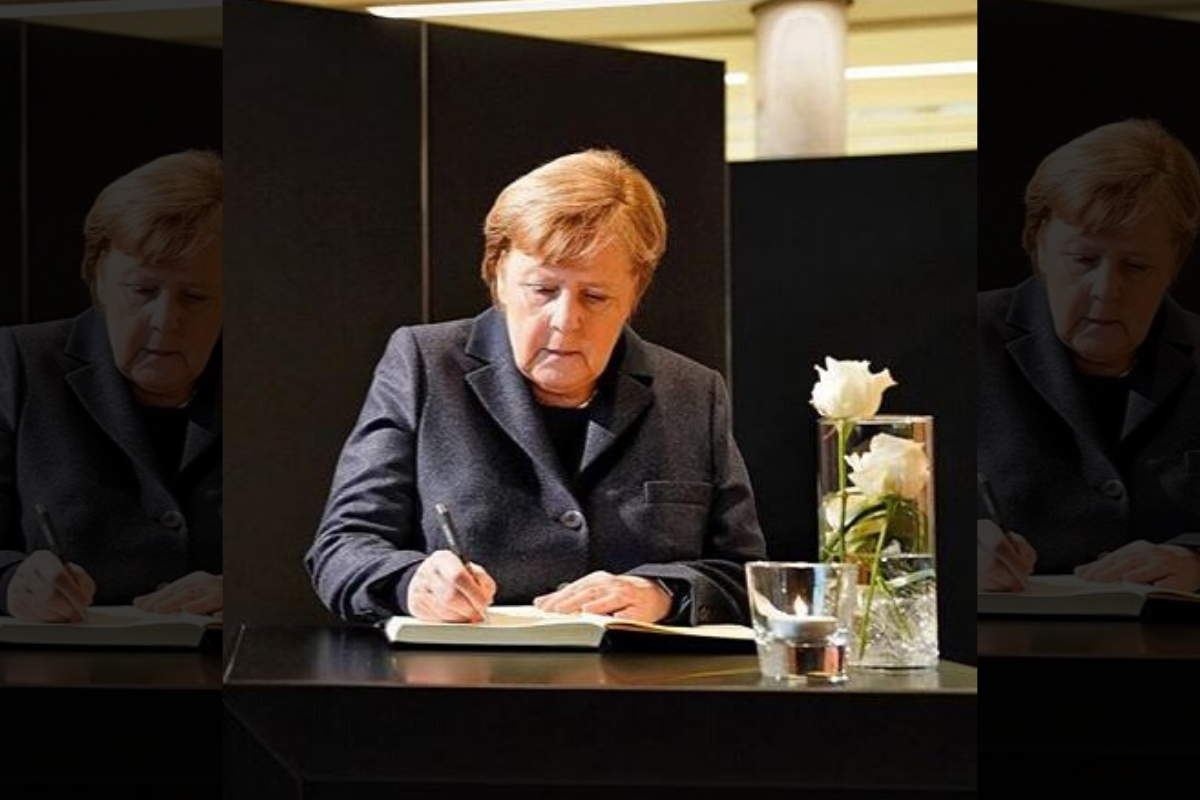
Coronavirus lockdown protests in Germany continue to rise. The fatigue over quarantine measures has spread in Berlin, Stuttgart, and Munich.
The anti-lockdown protests in Europe's largest economy are intended for the policies set by the government.
Stuttgart saw a gathering of more than 5,000 people. Police had to assign protesters to different areas in order to observe social distancing measures, according to public broadcaster Deutsche Welle.
Meanwhile, around 1,000 people were present at the site of the now-canceled Oktoberfest beer festival. Berlin had over 1,000 police managing demonstrations at several areas, according to Reuters.
Most protests were reportedly peaceful. However, some have displayed right-wing slogans and anti-Semitic conspiracy theories. Some conflicts between these protesters and counter-protesters also arose.
German newspaper Bild reported that “a mix of right and left extremes, conspiracy theorists, anti-vaccine and corona-weary people" was in the crowd.
The anti-lockdown protests took place as Germany gradually loosens restrictions on public movement.
Germany already allowed shops and schools to operate. Playgrounds, museums, and churches are now open. Meanwhile, sports fans can watch the country’s Bundesliga soccer league.
However, Germans are required to don masks while on traveling or shopping.
"Un-democratic"
Demonstrators expressed dissatisfaction with government policies, describing them as un-democratic. They also lamented restrictions on civil liberties and the lack of scientific backing for some measures, such as the wearing of face masks.
Germany reported more than 176,000 confirmed coronavirus cases. The coronavirus already killed less than 8,000 people, according to data from Johns Hopkins University. By comparison, the U.K. and Italy recovered over 30,000 deaths from the virus.
“We see a trend that extremists, especially right-wing extremists, are exploiting the demonstration,” Thomas Haldenwang, the president of Germany’s domestic intelligence agency, the Bundesamt für Verfassungsschutz (BfV), said in an interview with the Welt am Sonntag newspaper.
He said that people must be cautious about internet coronavirus conspiracy theories spreading into the real world. The paper quoted North Rhine-Westphalia’s Interior Minister Herbert Reul saying “there are a lot of wolves in sheep’s clothing trying to sneak into the middle of society with their anti-democratic slogans.”
Germany's economy
The German economy dropped by 2.2% during the first quarter of the year. The coronavirus pandemic has shoved the European country into recession.
Germany's 2.2% fall in the first quarter of this year was considered the biggest quarterly decline the country has experienced since 2009, under the global financial crisis.
Experts do not consider the decline as bad as what other neighboring countries have recorded. France reported a 5.8% drop while Italy’s economy plunged by 4.7%.
This can partly be attributed to the German states’ decision to allow factories and construction sites to remain open, as well as the national government’s unprecedented $1.7 trillion rescue package
Germany is not the only country facing anti-lockdown protests. In London, authorities arrested 19 people for breaking social distancing rules at an anti-lockdown gathering on Saturday. In Warsaw, protesters gathered in the Old Town to call for the reopening of businesses.






